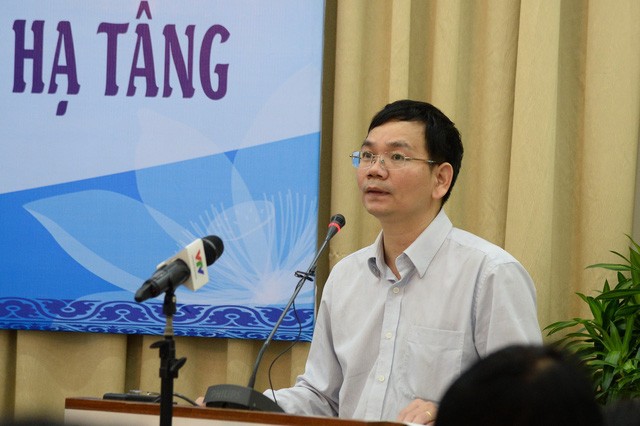(VOVWORLD) - Vietnam’s economy is expected to grow 6.7% in 2017, according to a new report by the World Bank. That far exceeds the projection of 6.3% the WB made in July. The achievements of 2017 could drive Vietnam to grow sustainably next year.
Economists say Vietnam’s economic growth improved in 2017 thanks to considerable progress by all economic sectors, an increase in domestic demand, and good performance by services and processing sectors.
According to the Government’s recent report, Vietnam’s GDP surged in the third quarter, meaning it will likely realize the annual growth target of 6.7% set by the National Assembly.
Despite those achievements, the gap between growth and income has increased. In 2010, for example, Vietnam’s gross national income (GNI) rose 6.42% while GDP growth was 6.88%. Last year the GNI grew only 5.18% and the GDP growth was 6.21%.
Economist Luu Bich Ho says: “Many difficulties remain. Disbursement of public investment is very slow. Although the credit growth target is 18 to 21%, to date it is only 11%. Bad debts haven’t been strictly resolved as expectation. The solvency of public debts needs to be taken into consideration.”
To deal with difficulties, a number of solutions have been discussed: a flexible exchange rate to improve the competitiveness of Vietnamese goods, reduce logistical costs, and speed up equitization and withdrawal of State capital from enterprises, and more efficient use of state capital and assets in enterprises.
 Doctor Huynh The Du of Fullbright University ( Photo: Tu Trung/tuoitre.vn) Doctor Huynh The Du of Fullbright University ( Photo: Tu Trung/tuoitre.vn) |
Doctor Huynh The Du of Fullbright University underscored the importance of reforming the state apparatus to boost growth.
“Vietnam needs to create sustainable growth factors for the long run. First, remove speculation in property markets and other mercenary motives from policies. Second, create a healthy mechanism to encourage private enterprises. A level playing field is needed for private domestic enterprises and foreign-invested enterprises. That will greatly improve Vietnam's development and growth,” said Du.
Last month the National Assembly passed a resolution on the socio-economic development plan for 2018, which calls for safeguarding macro-economic stability, controlling inflation, and implementing 3 strategic breakthroughs: reforming growth model, restructuring of the economy and improving growth quality, productivity, and competitiveness. The resolution targets GDP growth of 6.5 to 6.7%, an export revenue rise of 7 to 8%, and a monthly Consumer Price Index rise of about 4%.